|
I write romance. Because I love romance. Mostly historical romance and right now mostly Regency/Victorian era for reasons that will be its own blog post. Because I love romance, I obviously read a lot of it. But I also read it to better my own writing. So while part of my brain is (hopefully) falling in love with the characters, another part is analyzing how far in the characters meet, how much backstory there is, how snappy the dialogue is.
Sometimes the characters, the story just don't catch me. Those books I try to analyze even more and for right now, I've determined that more often than not it is the the snappy dialogue (or lack there of) that has done a story in. Perhaps I should clarify. Not every couple has to have rapid-fire, Julia Quinn-ish verbal repartee to be engaging. However, the dialogue has got to be natural. And more often than not, when I don't love the characters, when I don't fall in love alongside the characters, it's because their interactions are contrived. True confession time. I started this blog post three weeks ago because I was reading a book that just had such contrived dialogue it was a chore to finish the book (I rarely don't finish a book even if I don't love it. Sometimes I shut it down, but usually I plow through). Then I thought, "This post won't make sense if I don't show some examples of contrived dialogue." But then I thought, "How can I in good conscience hold up someone else's work for criticism when my own writing is far from perfect?" So then I thought I would create some pseudo-dialogue to demonstrate but seriously, I am trying to write better dialogue and I don't think it's a good idea to purposefully write bad dialogue. Plus, who really has the time. I mean, c'mon. So I saved this post in drafts. And I finished the book with unnatural dialogue. Finally. And then I read another book. Am currently reading, I should clarify. And OMG the dialogue is so stilted! (And, coincidentally I looked at my blog posts and realized I'd only posted two updates this year...) And so here I am again, dragging this post out of the drafts folder. I really try to enact dialogue scenes in my head. Well, that's not exactly true. What I do is hear the dialogue in my head (seriously, I have very little control over it) and transcribe it. Sometimes I have to create it to link two scenes, to get important information across, or perhaps because the voice in my head has laryngitis. Either way, I read it and re-read it and try to make sure it sounds like actual human interaction. Perhaps that's why I use so many em-dashes. Because I am often incapable of completing a sentences without thinking of something else I want to say, forgetting what I was going to say (because my mind has already gone on to the next subject) or occasionally because someone has interrupted me with their own interjections. It goes something like this: Me: "I heard this story on NPR about how exercise can prevent Alzheimers--oh did you sign up for that dance class? Are we going because I have something that evening--but we should really make each other-- Friend/husband/child: "No I don't want to learn Samba. By the way, what are we having for dinner--" Me: "That reminds me, I forgot to ask you to pick up a loaf of bread--oh there are my keys! Anyway, about this story..." As a result, this sounds natural to me and while I try to keep my characters on topic, I do allow their sentences to be interrupted or their words to fade off. Do other writers do that? And by other writers, I mean the one's whose dialogue feels so contrived to me. And does it sound natural to them? And if so, is that how they speak? Because if so, she and I would clearly never meet for coffee...
0 Comments
I've wanted to be a writer since college--I started out wanting to be a journalist, then I wanted to be a technical writer. When I discovered historical fiction and particularly historical romance, i knew I'd found the genre I was passionate about, but I sure as heck wasn't passionate about the writing process. It was arduous, painful, and darned inconvenient! Now, years later I realize I was only learning to write. I spent years as a dance teacher and I knew first hand that learning an art form was painful, but somehow I never made the connection to writing so I was always slightly resentful that it didn't come easier. It took me years as a dancer, but I reached a point where I could choreograph a group dance in a couple of hours instead of weeks. Now I have finally reached a point where I can make the words come more smoothly. The point being, whatever you do, don't forget to give yourself some slack for that learning curve!
A few updates since I've had several desperate requests for when the next book is out!
Just last week, I finished "The False Countess," which is the story of Lord Dunsbury and Catherine Purcell. <Spoiler alert!> You may remember that Lady Eleanor's (of "The Lady's Secret") mother was trying to push Eleanor and Dunsbury together. But of course Eleanor was already in love, and so too, as it turns out, was Dunsbury. To be honest, at the time of writing "The Lady's Secret," I thought Dunsbury was simply a minor character, facilitating the action. But of course, those are the one's who knock on the inside of your brain and say, "Hullo, remember me? I've an entire backstory of my own!" Now, five months ago, I finished Sarah's story. No, I do not have a title for it. I hate coming up with book titles--would prefer to write an entire manuscript than come up with a title (or write a blurb). I am desperately in search of a title that lets readers know it's a Regency romance and yet encapsulates a bit of who Sarah his--which is NOT your typical gently-bred lady! <Spoiler alert!> If you've read "The Lady's Secret," you know Sarah was a larger secondary character, but a secondary character nonetheless. Before I'd even finished writing "The Lady's Secret," Sarah had done more than knock on the inside of my skull, her story practically punched a hole in it. I wrote her book in four months, finishing in December of last year. And so, here we are today! I am doing a strong first edit of "The False Countess" (this book was ridiculously easy to title) to add in all the little bits I realized I'd left out since I didn't at first know things like--oh wait, no more spoilers! As soon as that is done (within the week, I should guess) and those edits entered into the computer, I will return to Sarah and work her story over. I find that letting them rest, marinate, as it were, allows me to look at them with fresh eyes and edit objectively. Sometimes when one is in the throes of dialogue--external and internal--you know what led a character to say this or feel that, but you might have forgotten to actually share that knowledge with the reader! Even on a first re-reading, you may have that knowledge in your head and completely miss a gaping plot hole. But four or five months later, it's much easier to read the story and say, "Wait! Where did that come from?" I really liked Sarah's story--of course I feel like a learn a great deal from every book and hopefully my writing improves as a result--and so I'm going to try something different with this one. I'm going to submit it to a few publishers. I've done this innumerable times over the twenty-plus years I've been writing. I've had editors ask for manuscripts, I've had an agent, I've had another agent I met at a conference tell me my manuscript was just what she'd been looking for, but then after she got back to New York, decided she wasn't representing romance any more. It's only partly having a good product, it's largely being in the right place at the right time. I know, this is true for most of life, but after years of the months-long waiting process only to receive another rejection, I thought, "Screw it! I'm going to publish this sucker on my own." I've been really thrilled with my books' reception through Amazon's Kindle program but I really would like the marketing powerhouse of a publisher. There are so many books out there and the whole marketing game changes on the daily with algorithms, social media, and advertising constantly evolving. Sarah's story may yet end up on Amazons KDP list--it's important that you get to know her exciting--and slightly tragic!--background. But in the meantime, I'll attempt the "traditional" route one more time. If you know of any agents/editors who might be a fit, please email! Right place at the right time and all... To reach me directly: michelle morrison writes (all smashed together) at gmail Every writer is asked where the ideas come from and most of us say, "I have no idea," because the whole creative process is, well, a bit of a mystery sometimes. This is not to say plotting and character development is not a craft to be honed, but honestly, things pop into my head sometimes that make me go "Hmmm..."
However, the song "Chasing Cars" by Snow Patrol did spark an idea for a scene that years later became a pivotal scene in The Lady's Secret. For some reason the line "if I lay here...would you lie with me and just forget the world," evoked an image of someone cast out of society and wanting the one person who mattered to remain by his/her side. I must have listened to this song dozens of times on a roadtrip years ago imagining that scene. Now that I'm curious, I just looked up when this song came out: 2009! Which means that idea fermented in my head for about six years before it finally hit paper. This scene evolved a bit from that original imagining, but the essence of it remained! I came across "Minimalism" over a year ago, maybe more. I've never been a hoarder or clutter-y type of person, so perhaps this was why the whole lifestyle approach appealed to me, but I've been purging and reducing STUFF in my life. This is a different process for everyone but you basically figure out what stuff makes your life better and get rid of the rest. Unrelated/it's all related, I read an article about a woman who worked for a big ad agency in New York. Her position was as a creator but she found that when she decided to wear the same "uniform" every day for work, her creativity spiked. When she wasn't worrying about what she was going to wear, worrying about how what she'd chosen was making her look/feel like, she was suddenly more inspired to create good content in her job. It sounds ridiculously simplistic, I know. Except that it works.
I kid you not. I've written a couple of blog posts about my now 18 month sustained spurt of writing creativity but essentially, I have not experienced "writer's block" in the last year and a half and I really think it's because of minimalism. Every time I sit down to write, the pen doesn't stop until I run out of time. This is not braggadocio--I still have to plot, write timelines, rethink characters, research, edit, rewrite, throw stuff out. But the impetus is there and here's why: I am constantly thinking of my work. Ok, not CONSTANTLY, but a lot. I still have a day job, I have two kids, two dogs, too many other creative interests. But I've stopped worrying about what I wear. Even as I write this is sounds silly, but sometimes silly shit works. I got rid of every piece of clothing that didn't make me feel fabulous. Yes, I repeat the fabulous outfits a lot. But guess what, no one cares! That's because they don't notice! They're too busy worrying if the blouse or suit they're wearing makes them look (fill in the blank). I mean, honestly, can you remember what YOU wore yesterday, much less six days ago? So in the shower instead of mentally trying to put together an outfit, I think about what I need to write next. My biggest decision is "am I in the mood for a skirt or pants?" or "is it cold today and should I layer accordingly?" I still have "stuff" in my house that I could/should/would get rid of. (I live with three non-minimalists. They are not hoarders and actually live fairly minimally, but it's just not their thing to constantly be looking for things to get rid of.) But, having less stuff means less picking up/cleaning. Seriously. Less cleaning=more time. This is a lifestyle switch, I will grant you, and the effects are cumulative, but so worth it. Here's some other stuff I've either given up or am working on getting rid of:
If you were to drop by my house unannounced, I am fairly certain you would not say, "Oh Michelle must be a minimalist!" I am still in this process of cultivating a meaningful life and releasing the bits that are not meaningful, but I gotta say, the benefits are pretty hard to argue with! 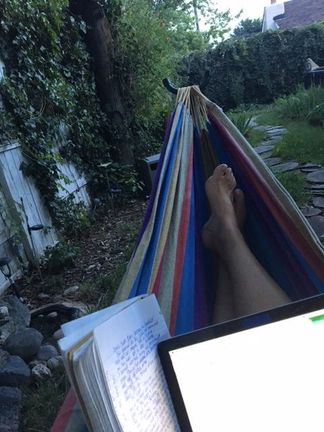 I have set a goal for myself of writing two books a year. This after taking about a year to write "The Lady's Secret" (which will be published in a few months, two years to write "Lord Worthing's Wallflower," and probably just as long for "The Lady Ordinary." So what makes me think I can crank out a book in six months? Two things, really. First, I did the math and if I write just four pages a day, I should be able to write an 80,000 word book in just over four months, then edit, give it a rest, come back and edit again with some editors doing the same. Four pages a day seems easy enough, right? (Oh, and keep in mind, this is just handwritten pages which is really only like three typed pages.) Here's the thing, though. It's really not about the pages, its about the consistency. Making yourself write every day (and to be honest, though I am a very goal-oriented person, I don't check all that often to count how many pages I actually wrote on a given day) sets your brain up for success. I know an author who wrote an immense book only on Fridays at her favorite coffee shop. Some writers only write on weekends. For my brain, I find I forget too much, lose track of too many ideas I had, and frankly, find easy excuses to avoid the occasional writing appointment. But when I am consistently writing, my head stays in the game and I find I am constantly thinking of my characters and the plot and what's going to happen next. In fact, I don't just write once a day, but several times a day. One of those times might be simply entering my handwritten pages into the computer, but that serves as a basic first edit and reminds me of details I might otherwise forget. Sometimes I only have time for a paragraph as I wait for an appointment or eat my lunch at the day job. Doesn't matter. What does matter is the productive effect it has on my brain. Don't get me wrong: writing can still be a bear and I am approaching a large section of my current book that is only loosely blocked out and I may have quite a bit of staring off into space in the next few weeks, but this new writing "technique" experiment has thus far proven quite successful. I have no idea if JK Rowling really said this, but I intend to find out. No, wait. Not find out if she said it, find out if I will find bliss in a cafe with a notebook.
To be honest, I already know the magic combination of writing and cafes. I've spoken to several other writers and the consensus seems to be that places like coffee houses spark intense creativity that cannot be replicated in a home office or in a stolen block of time at your day job desk. Why is that? I don't think it's the coffee. I can only handle one of those super strong caffeinated concoctions (and seriously, do you know how many books I have to sell in order to buy one? Six dollar coffee...pfft). Instead, I think it's the removal from our comfort zone in which we have so many distractions. Yes, there is generally free wifi at said cafes, but that seems to be a minor siren call. It's the laundry, the craft project, the partner who wants to go see a movie--all the little things that are necessary and even enjoyable, but are so easy to place in importance above actually putting derrier in chair and writing. Doesn't matter what music is playing, how many loud conversations there are around you, or what fabulous smells are emanating from the accompanying bakery, in a coffee shop, I am able to tune out everything else and crank out pages. I leave in less than a week for Italy and Spain and for once in my overplanned life, I have not planned every day's activities. In fact, my only plan is to spend some time in little coffee houses or cafes or wine bars and write, write, write! I will keep you appraised if that happens! Ah, the life of a writer. First you have great plans for writing a best selling novel. Then you actually try to write said novel and decide one or all of the following:
Once again, I "gave up" on traditional publication and put a third novel on Kindle Direct Publishing. It was one of my favorite novels and I had two agents "love" it but decide they were moving away from representing historical romance. The novel has done surprisingly well and that, combined with a very lovely "fan letter." I received about it have determined me to finish the half-completed sequel (of sorts...it's the heroine's best friend's story. I guess that qualifies as a sequel!). And I'm determined to get the other medieval and other Regency that are finished and sitting in my computer up and published. They just need another good edit. In the meantime, I've added yet one more thing to my life. With a fellow writer/creator, I have started a blog (don't you roll your eyes at me!) about living a creative life. Our goal is to share what it takes to make each day a creative expression for the simple reason of enjoying it more! We are working on some retreats to relax, rejuvenate, and inspire attendees to live creatively. It's called Bloom Late and so far, I've been much more attentive to my weekly contributions there than I have been here! Please visit and let me know what you think. In the meantime, know that though this poor blog gets largely ignored by me, I AM still plodding along as a writer! |
AuthorGreat, all I need is one more reason to procrastinate! As if Instagram wasn't enough... Archives
March 2022
Categories |
© COPYRIGHT 2015. ALL RIGHTS RESERVED.
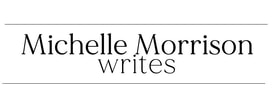
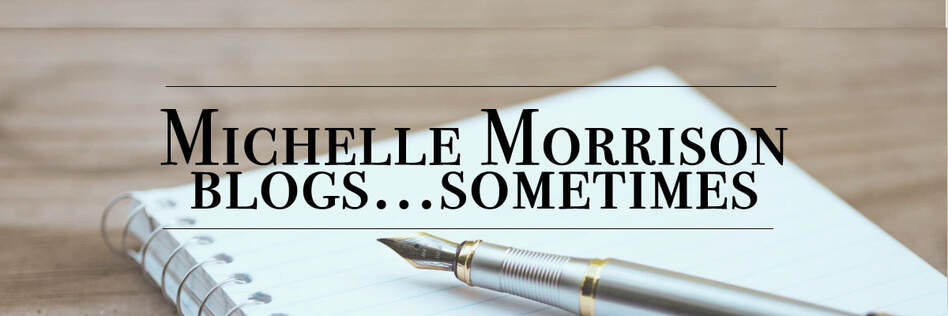
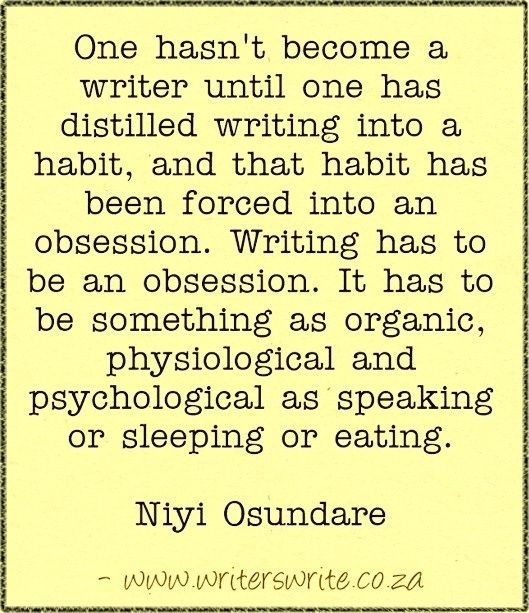
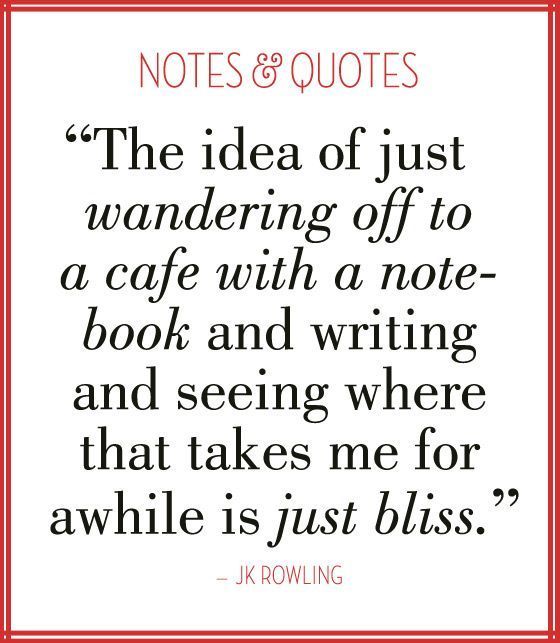
 RSS Feed
RSS Feed
